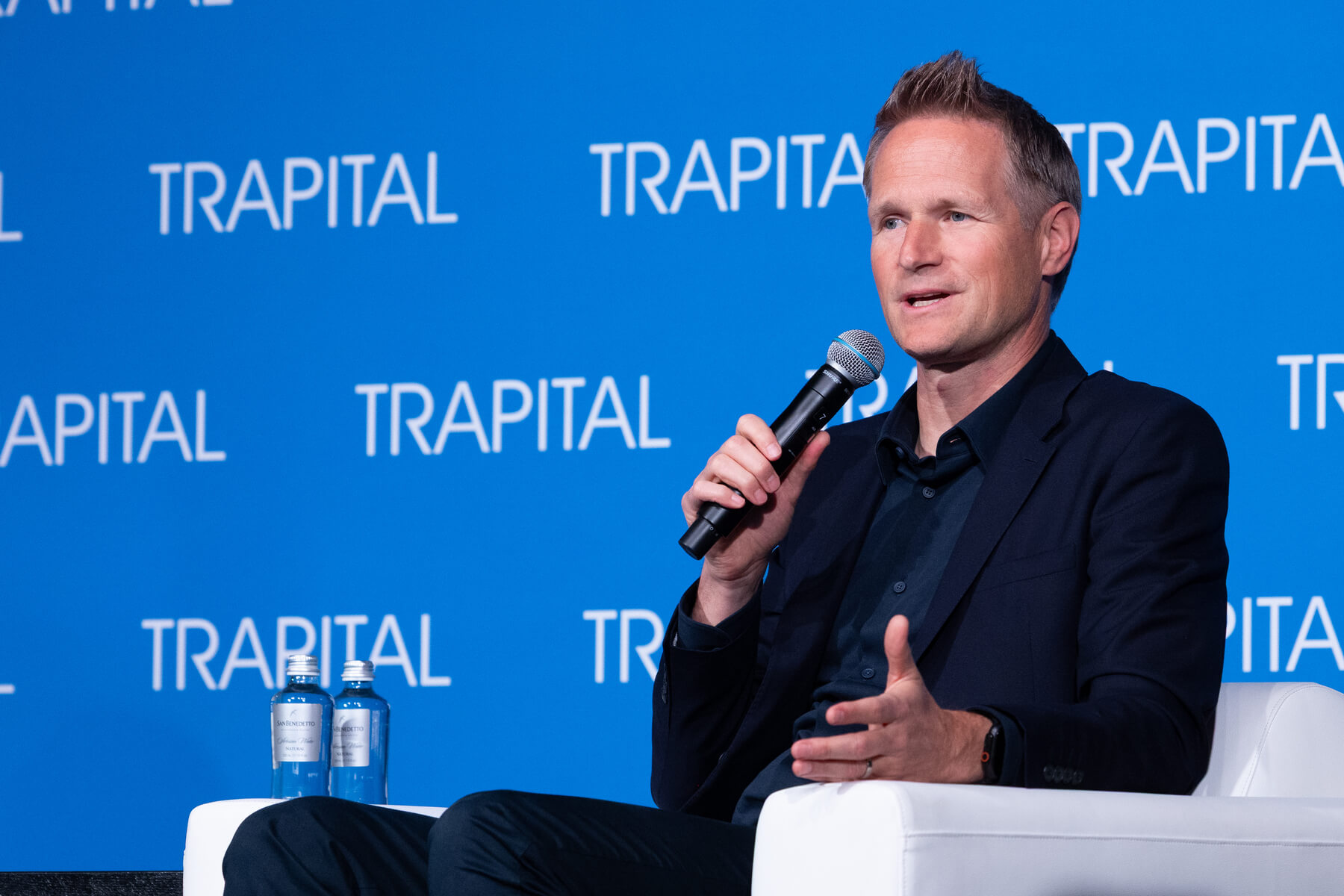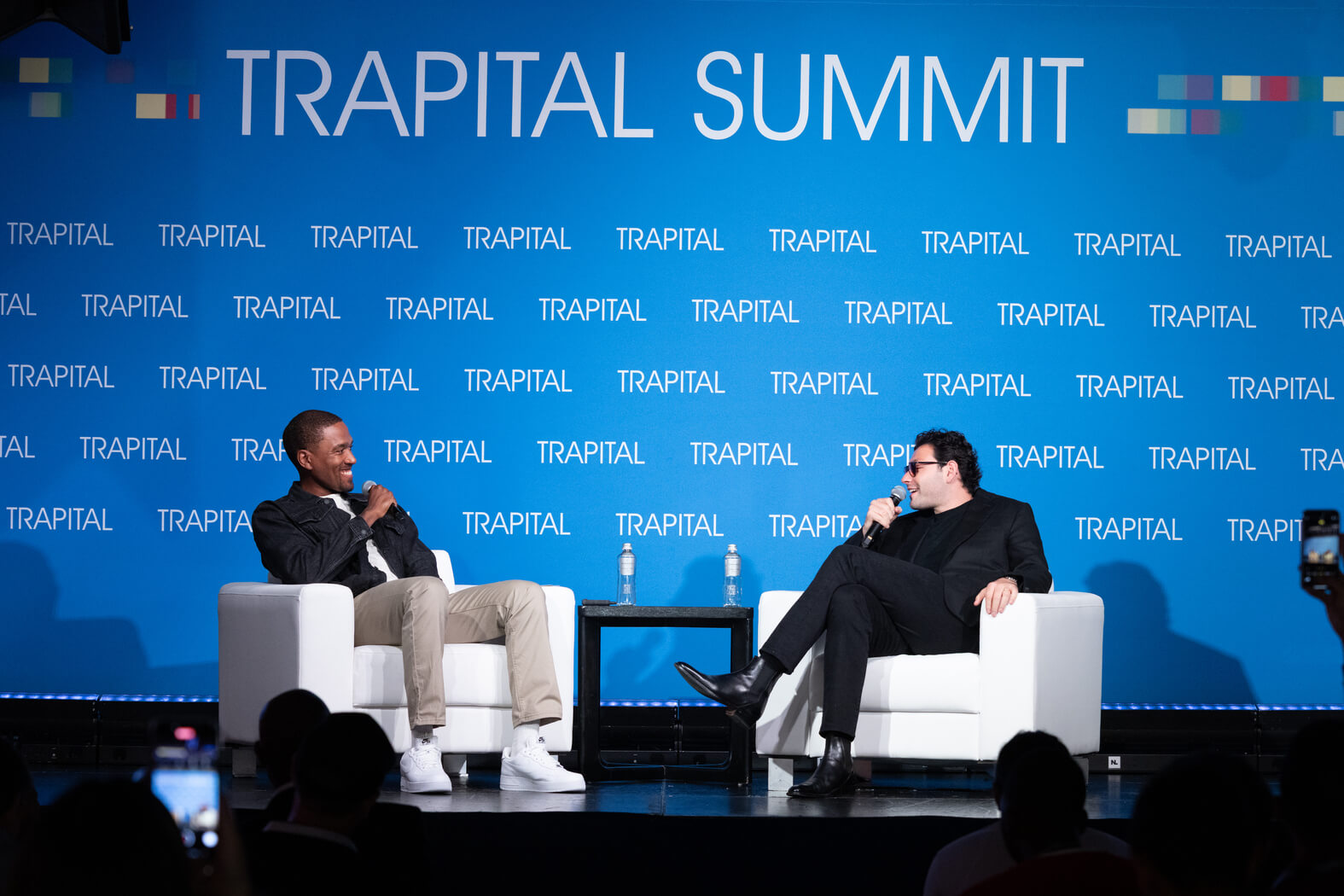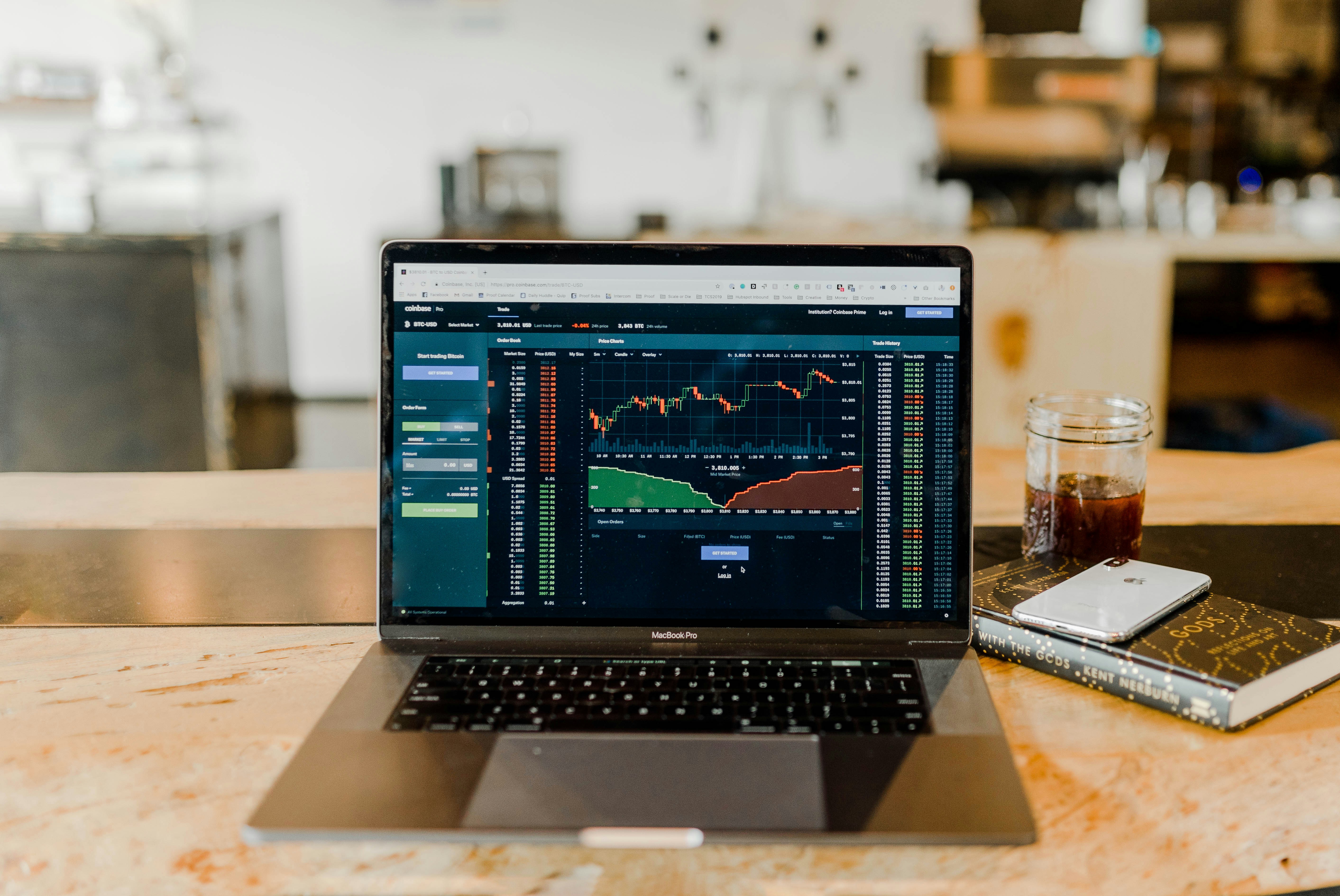This memo is presented by Too Lost.
.svg)
Too Lost empowers independent artists and labels with the world’s largest distribution network, reaching over 450 platforms including Spotify, Apple Music, TikTok, YouTube, and Amazon. With a dedicated analytics portal, you can track sales, streams, and earnings in real time, supported by daily trend reports and transparent monthly statements.
Easily manage payment splits to ensure your team and collaborators are paid automatically. Plus, get early access to future earnings from your catalog and upcoming releases. Too Lost gives you the tools, reach, and control to grow your music career on your terms. Discover what’s possible with Too Lost today.
Today’s episode is my conversation at the Trapital Summit with Apple’s Oliver Schusser. He oversees Apple Music, TV+, podcasts, sports, and Beats. We talked about music streaming, future growth, AI, the Super Bowl Halftime Show, and more.
You can listen to us here or read below for Oliver’s thoughts on AI.
My talk with Apple's Oliver Schusser covered it all, but I was intrigued by how he sees AI:
"I look at AI in three categories. First of all, AI is gonna be really awesome for us to make better products… We have a new feature called Auto Mix, which is one click of a button, and it mixes your playlist as if you had a virtual DJ in your pocket…
The second thing is, I think AI will be tremendous for the creative community to help make music. It will bring more people into the space, allow more people to make music…
But then the third thing, which is very much talked about, is obviously the dangers of AI and the race that people steal intellectual property, or voice, or an image. We have a huge responsibility as an industry to prevent that from happening."
That's better products, more music, and IP protection.
A lot of discussion in this industry, understandably, has focused on that last area: the dangers of AI and protecting IP. Spotify just announced it has removed 75 million "spammy" tracks from its platform, a clear response to AI-generated content flooding streaming services.
The major record labels have ongoing legal disputes with Suno and Udio. And every few months, from the fake Drake track to AI-generated acts like The Velvet Sundown, there's another AI music creation that gets people talking.
But whenever I see an emphasis in one discussion area over another, I go back to the incentives. What drives the emphasis on one point versus another? Who wins (or loses) as a result? The major record labels have a vested interest in what they can control or heavily influence. The more media technology has advanced, the less control that the labels have over the popular consumption channels.
Protecting IP has become critical to the labels’ business, especially when current copyright laws are part of the ongoing generative AI battle. They also have both incentives and optics to manage with the recording artists and songwriters they partner with, many of whom fear AI's potential to displace their work.
The streaming platforms, though, like Apple Music, own the customer relationship. Apple and its streaming competitors are more invested in improving the consumer product with AI, and helping the creative process, which were Schusser's first two points.
The platforms are also less invested in ensuring that major label music dominates their services. Spotify's moves with audiobooks, podcasts, and other non-music content show its desire to have customers consume media with lower marginal costs.
Again, incentives matter! There's much more to explore here, but I'll pause there. I encourage you to listen to the full episode with Oliver to hear more about Apple's strategy, Apple Music's performance, the halftime show, and more.
Listen here: Spotify | Apple Podcasts | Overcast
Chartmetric Stat of the Week
Cardi B Cardi B’s sophomore album, Am I the Drama, dropped on September 16. But success for Cardi is not just album sales or touring. It’s also brand deals and private gigs. Her general awareness matters. The day her album dropped, along with her CBS Gayle King interview, Cardi B’s Wikipedia daily page views jumped from the typical 5-6K to over 130K.


.avif)






